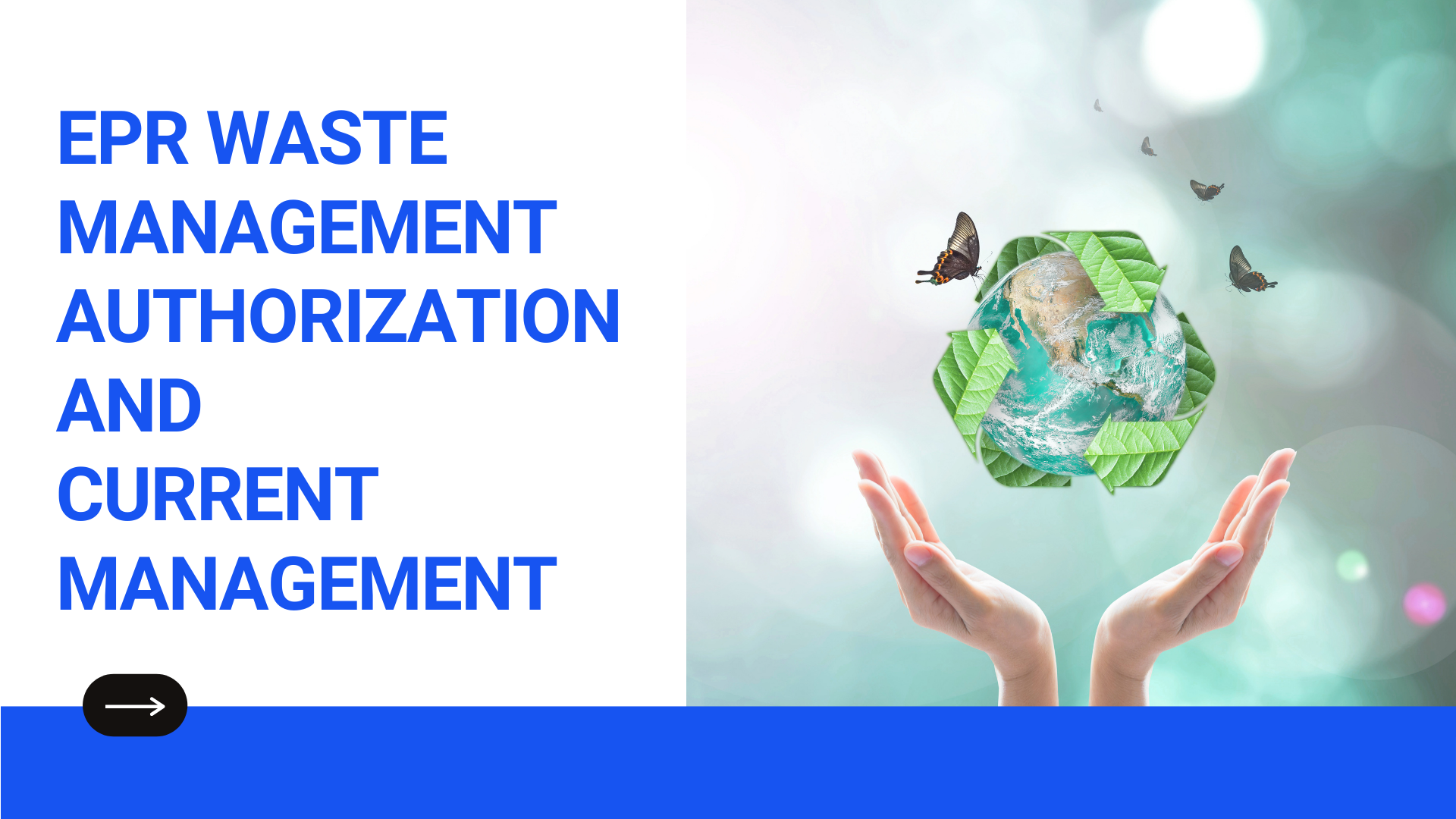
Extended Producer Responsibility
Extended producer responsibility refers to a producer’s responsibility for managing the disposal of products once they have been determined to be no longer usable by customers. It also encourages manufacturers to become more resource efficient and create low-impact products. EPR contributes to the growth of an effective, industry-driven strategy for the management of plastic waste, ensuring rapid collection, waste reuse, recycling, and disposal.
In a 1990 study to the Swedish Ministry of the Environment, Thomas Lindhqvist officially introduced the term for the first time. “[EPR] is an environmental protection approach to achieve an environmental goal of a decreased total environmental effect of a product by making the maker of the product responsible for the whole life-cycle of the product, notably for take-back, recycling, and final disposal”.
Liabilities
- The Producer is responsible for collecting and recycling E-Waste, according to the CPCB.
- The producer can either fulfill his or her responsibilities on his or her own or hire a PRO (Producer’s Responsibility Organization) to do so. The PRO you hire should be CPCB-approved.
- The producer (manufacturer/importer) must submit past import/sales data, based on which the CPCB will assign targets. Once the EPR is issued, more quarterly import/sale data must be reported.
- The producer must hold two seminars per year to raise public awareness about the dangers of e-waste and how to properly channel and dispose of it in an environmentally friendly manner.
In the case of plastic waste management, who needs an EPR?
Every producer, brand owner, recycler, and manufacturer of plastic must register with the State Pollution Control Board or the Union Territory’s Pollution Control Committee.
Every waste generator, local body, Gram Panchayat, manufacturer, importer, and producer of plastic materials is subject to the Plastic Waste Management regulations.
How to Get a Plastic Waste Management Authorization or License
- Plastic Waste Management Registration can be applied for online or offline.
- Attach the Required papers (documents) but before concern with Experts
- Send the form to the appropriate authorities.
- Interaction with departments of concern (For better understanding you can connect with Team corpseed)
- If the application and supporting documentation are found to be satisfactory by government officials
- A license or certificate has been issued.
The current Management
India has made little effort in managing its plastic garbage. According to CPCB statistics from 2015, Indian cities generate over 15,000 tonnes of plastic waste every day, with around 70% of the country’s plastic ending up as rubbish. Nearly 40% of India’s plastic garbage is not collected or recycled, resulting in pollution of the land and water.
Now, the CPCB has taken a stronger position on plastic packaging, proposing the 52 enterprises from nine industries submit an EPR strategy in accordance with the PWM standards for 2016. Non-compliance with the Environmental Protection Act (EPA) of 1986 and the National Green Tribunal (NGT) Act of 2010 can result in legal action.
All stakeholders should be included in an ideal EPR Waste Management framework. Producers must also establish a sustainable infrastructure based on source isolation. Because waste management is mostly the responsibility of municipal governments, producer support can help achieve more sustainable waste management methods. A clear vision and political determination are essential to overcome this crisis.
